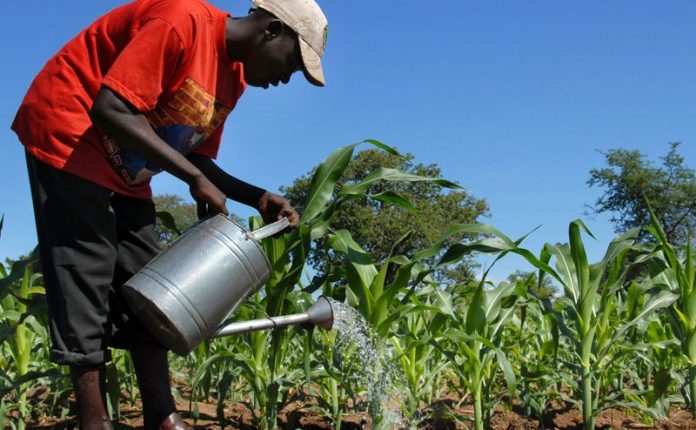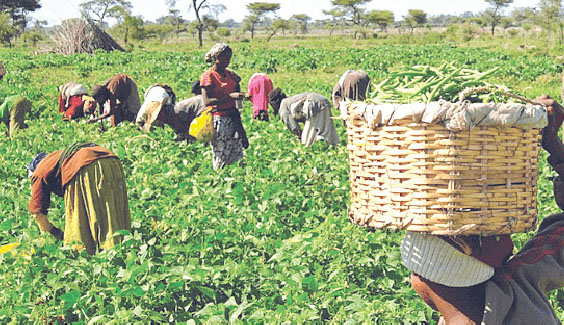
A renowned environmentalist and Executive Director of Health of Mother Earth Foundation (HOMEF), Dr. Nnimmo Bassey has disclosed that the agricultural system practiced in Nigeria has an adverse effect on the climate, saying the system is alien to indigenous farming methods.
Bassey blamed this on attendant features of political and economic colonialism, which he claimed subverted the indigenous practice that was acclaimed to be ecologically friendly.
Bassey argued that political and economic colonialism had significant impacts on socio-cultural, environmental, and agricultural spheres, stressing that the subversion of food systems was intentionally constructed through the colonisation.
He made this disclosure at a media training on “My Food is Africa Campaign,” held in Port Harcourt, Rivers State, noting that the reason for subverting the food system in Nigeria was because the colonisers needed to displace labour invested for local needs and to expand and consolidate on labour to meet their needs.
“By so doing, the colonisers derided subsistence farming and offered to exchange wages for labour,” he said. Bassey revealed that by emphasising a cash economy, farmers were forced to neglect their own needs.
According to him: “The colonial powers scored double on this count by introducing plantation agriculture and bringing in the locals as farmhands.
“Plantation agriculture encapsulates the core practice of colonialism. It entailed land use conversion — often through massive deforestation and land grabbing. It also promoted monoculture by growing specific crops to meet specific needs of industry and colonial appetites.
“Monocultures damage soils as well as labour. In Nigeria, predominant plantations included those of oil palm, cocoa, rubber, and coffee. These crops were termed cash crops, meaning that they were cultivated for cash rather than for food.”
“This approach persists today as our governments see useful agriculture as the one that earns foreign exchange, irrespective of the state of food insecurity in the nations,” he stressed.
Bassey, however, noted that food sovereignty is achievable only in a decolonised food system. He recommended that a decolonised agriculture should invest in support systems for farmers, including provision of extension services and providing/upgrading rural infrastructure.
Bassey further stated that it also means preserving local varieties, ensuring that farmers have access to land, and, funding research institutions to build a knowledge base on healthy soils and resilient indigenous crops, adding that it would also mean putting farmers in the driving seat of agricultural policy, elevating the precautionary principle in biosafety issues, and outlawing harmful pesticides practice.







